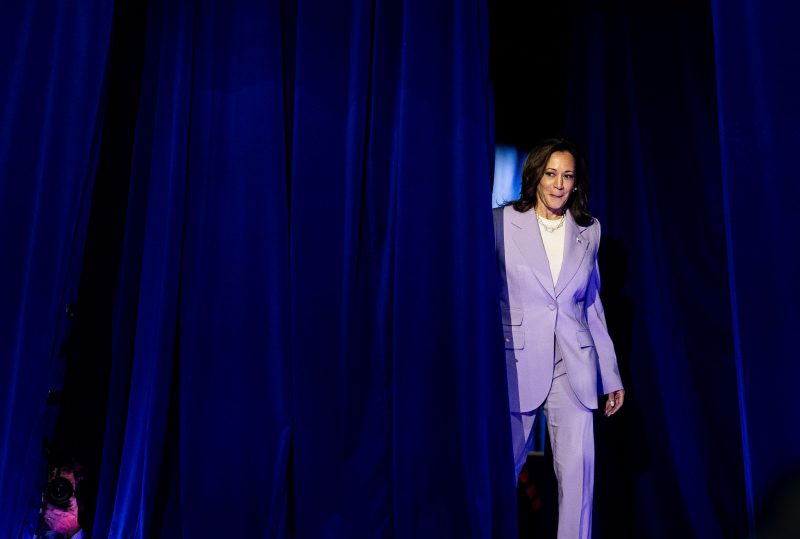In a surprising turn of events, Vice President Kamala Harris recently expressed support for ending taxes on tips, a move that has sparked considerable debate among policymakers and the public alike. This announcement comes just weeks after former President Donald Trump made a similar pledge during his time in office, bringing the issue of tipping and taxation to the forefront of political discourse.
The taxation of tips has long been a contentious issue in the United States, with many arguing that tipping should be considered a voluntary gesture from customers to service workers, rather than income that is subject to taxation. Proponents of ending taxes on tips often point to the fact that tipped workers, such as restaurant servers and bartenders, rely heavily on tips to supplement their wages, and that taxing these earnings only serves to further burden workers who are already struggling to make ends meet.
On the other hand, opponents of eliminating taxes on tips argue that it would lead to a loss of revenue for the government and potentially exacerbate income inequality by benefiting higher-earning service workers over low-wage workers who do not receive tips. They contend that tips, like any other form of income, should be subject to taxation in order to ensure fairness and equity in the tax system.
The debate over taxing tips is further complicated by the fact that tipping practices vary widely across different industries and regions, making it difficult to establish consistent policies that would apply to all workers who receive tips. Additionally, the rise of cashless payment systems and on-demand delivery services has introduced new challenges to the traditional model of tipping, raising questions about how tips should be taxed in an increasingly digital economy.
Despite these complexities, the issue of taxing tips remains an important one that has implications for both workers and consumers alike. As Vice President Harris and others continue to push for an end to taxes on tips, it is clear that this debate is far from over and will require careful consideration and thoughtful policymaking to strike the right balance between supporting workers and ensuring a fair and equitable tax system for all.

